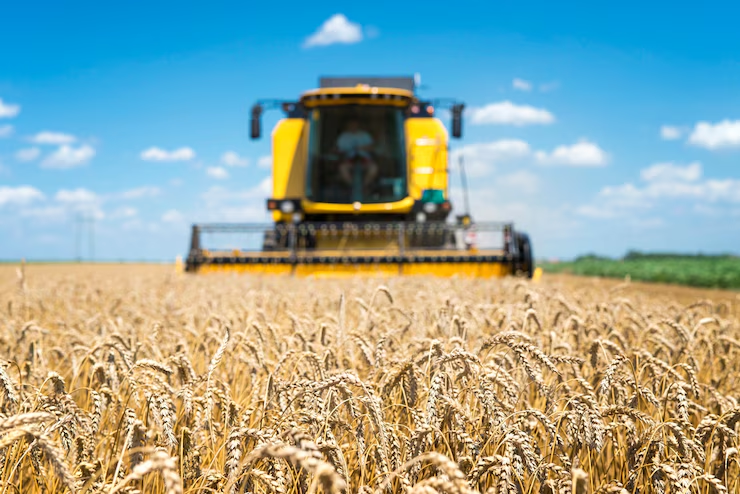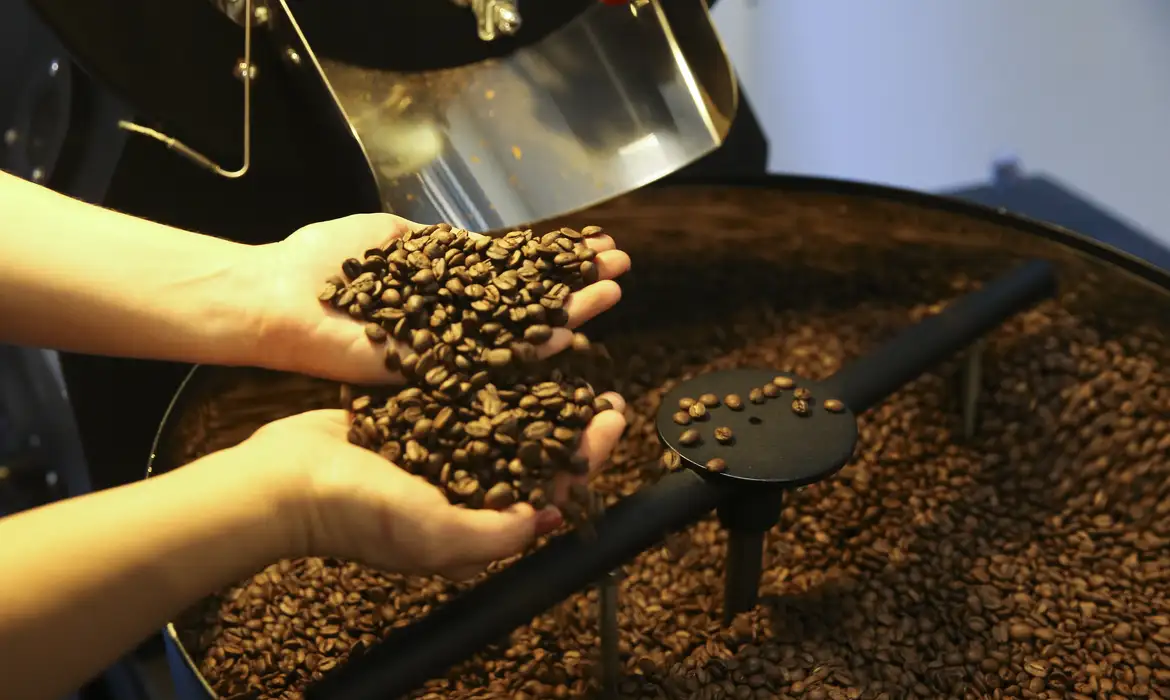Agro entities ask for revision of the sanitary protocol, after China resumes meat purchases

And after a meeting with the Brazilian delegation, in Beijing, the Chinese government decided to lift the embargo on Brazilian beef. The return of protein exports to China was announced by the Minister of Agriculture and Livestock, Carlos Fávaro, directly from the Chinese country, where he is meeting with a delegation made up of more than 100 businessmen from the agricultural sector. According to him, the decision was confirmed by health authorities in the Asian country.
“This was expected a few days ago,” said Fávaro. “I want to thank the Brazilian cattle ranchers, who trust in our system. This gives us credibility in the international market”, added the minister. The holder of the Mapa also thanked the government of China, President Lula, the technical staff of the portfolio and the government of Pará, which, according to him, was quick and clear in communicating the case of “mad cow disease”.
The resumption of beef exports to China was already awaited by the market. The expectation, by the way, was that the embargo would only be lifted on March 28th. “Exports to China are very relevant for Brazil, it is something around US$ 8 billion a year”, pointed out the Minister of the Ministry. The suspension of purchases of Brazilian beef by China lasted exactly one month. Period that can be considered long enough to reflect on the performance of exports of the product.
Exports of agribusiness products reach US$ 9.9 billion in February
Francisco Olavo de Castro, president of the National Commission for Beef Cattle of the Confederation of Agriculture and Livestock of Brazil (CNA), says that with the resumption of exports, China should once again buy large volumes of Brazilian beef. According to him, Brazil is the best alternative for supplying beef on a global scale. “China should concentrate purchases here in the Brazilian market and should maintain a good pace of imports. Brazil will quietly maintain the global leadership of beef exports. Very calmly”.
Safras & Mercado analyst Fernando Iglesias points out that the market received the news with great enthusiasm. “The news that China is buying Brazilian beef again is really excellent news. It’s great for the Brazilian market. And we also had the news that four more refrigerating units were authorized to export to China. Now what remains in terms of negotiation is for this delegation that is there in Asia to take this opportunity to try to renegotiate this health protocol that was signed with China in 2015. And even try to review this protocol so that we do not suffer such serious damage like this in atypical cases that interfere little in the production chain and that do not pose risks”, emphasizes the analyst.
health protocol
The current health protocol between Brazil and China was signed in 2015 by the then Minister of Agriculture, Kátia Abreu. The document provides that in the event of a confirmed case, even if atypical, beef exports must be automatically interrupted. According to Minister Fávaro, the protocol also requires a lot of transparency.
The need to update the health protocol with the Chinese country has had repercussions on the agricultural sector. Francisco Olavo de Castro comments that just as Mapa automatically applies a high embargo to the slightest case of suspicion, the sector would like it to reflect with the Chinese government to carry out the automatic reopening as well.
“As soon as it is proven in official laboratories around the world that it is a typical disease and that it does not involve any risk for the Chinese country, for Brazil, for the population in general, nor for animals, that the reopening is carried out and that authorized the shipment of meat to China automatically”, he defends.
The president of the National Beef and Beef Commission of the Confederation of Agriculture and Livestock of Brazil (CNA), adds that it is not to review the agreement, but to make a new interpretation of this agreement.
“There is no risk at all and the risk of atypical mad cow is zero for human health. So we can predict this automatic reopening. What we ask for is what the rancher wants. What we cannot do is remain uncertain about when the market reopens, as it can be closed for 20 days or four months. This uncertainty generates a lot of damage to the cattle rancher who cannot program himself and the activity becomes increasingly unsustainable”, he concluded.
On its website, the Brazilian Rural Society (SRB) also released support for the request for revision of the proposal by the Association of Breeders of Mato Grosso (Acrimat) on the beef export agreement between Brazil and China.
Four more countries reopen the market to Brazil
Four other countries that had interrupted purchases of the protein have already lifted the embargoes, says the Ministry of Foreign Affairs (MRE) in a note, without informing which markets these would be. According to the folder, six other countries continue to suspend beef purchases. They are Bahrain, Kazakhstan, Qatar, Iran, Russia and Thailand.
By Brasil 61




